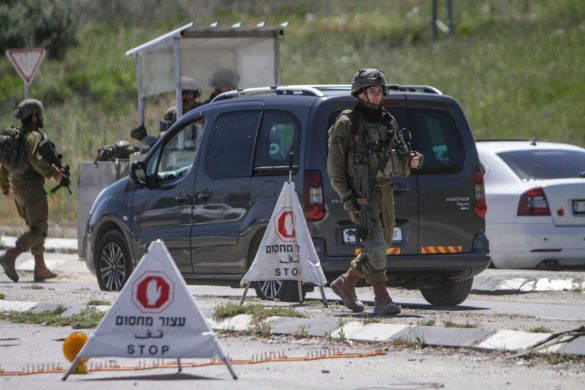Hvordan er Bashar al-Assad? Hvor stærk er han, og hvilken rolle spiller hans familie? Står den samlet bag præsidenten eller har han modstandere blandt de nærmeste? Tidligere rådgiver siger ifølge BBC: Familien har den totale magt.
På nettet kan man surfe sig til mange spekulationer og rygter, hvis hold i virkeligheden står hen i det uvisse.
Præsidentens bror og chef for præsidentens sikkerhedsvagt, Maher al-Assad, hævdes således taget til fange af soldater, der har sluttet sig til aktivisterne. Han siges også at være ved at forberede kup mod Bashar.
BBC’s Kim Ghattas har talt med en af Assads venner og tidligere mangeårig rådgiver, Ayman Abdelnour, der nu bor i frivilligt eksil i De forenede Arabiske Emirater, og ifølge ham, er det familien, der har den fuldstændige magt.
“Power is totally concentrated in the hands of the family,” said Mr Abdelnour. “There is total solidarity between them and he is the president, like a board chairman, they discuss things and make a decision together.”
BBCnews skriver videre blandt andet:
While Mr Assad is seen as in control, there is also some suggestion that he is the weakest link in the family, kept in check by his brother Maher and possibly his sister Boushra.
Mr Assad the ophthalmologist was not originally destined to become president. His older brother, Basil, an army major and reportedly Hafez’s favourite son, was being groomed for the job until he died in a car crash in 1994.
Basil, who often appeared in full military uniform at official functions, was a forceful character, the eldest of five children, a competitive horse rider and an aficionado of fast cars who was popular with women. Bashar grew up in his shadow, “weak and in his own world”, according to a family source and “calm with a soft voice”, according to Mr Abdelnour.
“Basil was the boss,” said Mr Abdelnour. “Bashar didn’t like the limelight. When he became president he became very systematic about stepping up to the plate and learning how to lead.”
But even though he was the next in line after Basil, Bashar was not the obvious first choice as potential successor. Maher, who had had a military career, had been discussed as an option, and when Bashar became president he had to assert himself and show leadership.
“Bashar felt that any reform, any questioning of his way of doing things was a sign he wasn’t respected,” said dissident Abdulhamid, suggesting Bashar may have struggled with feelings of inadequacy or inferiority. “He refused to be treated any differently than his father.”














